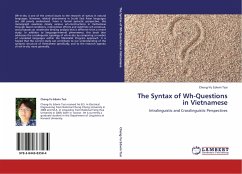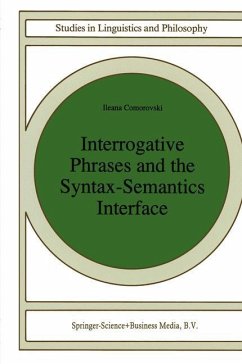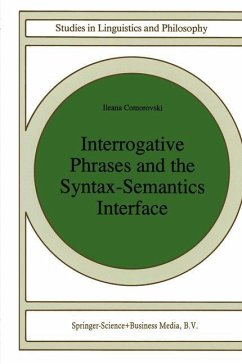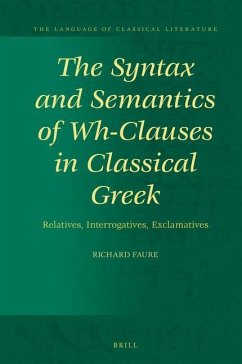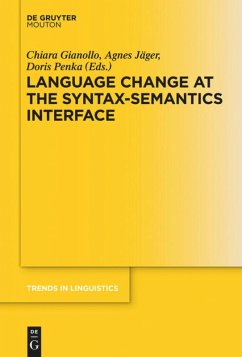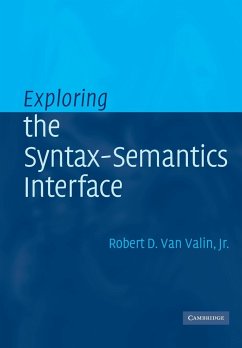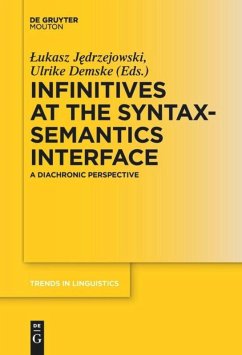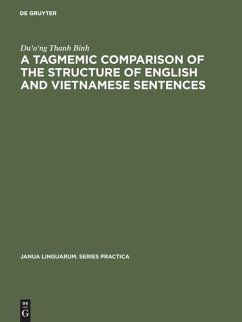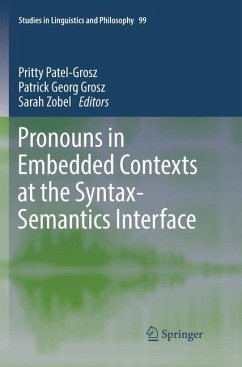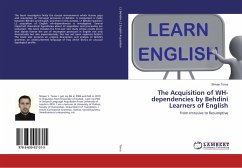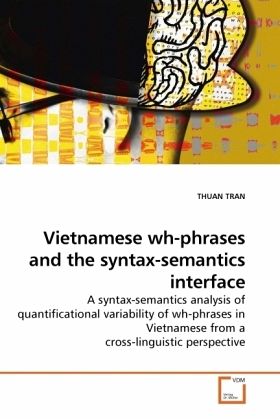
Vietnamese wh-phrases and the syntax-semantics interface
A syntax-semantics analysis of quantificational variability of wh-phrases in Vietnamese from a cross-linguistic perspective
Versandkostenfrei!
Versandfertig in 6-10 Tagen
45,99 €
inkl. MwSt.

PAYBACK Punkte
23 °P sammeln!
Many theories have been proposed to account for the fact that wh- phrases across languages can obtain various quantificational interpretations depending on the syntactic contexts where they occur. For example, Nishigauchi (1990) and Cheng (1991) hypothesize that wh-phrases are variables, and their quantificational forces derive from the binders that bind them. Their theories, however, do not provide a plausible answer to the island effects in wh-questions in Vietnamese given that in their theory there is no need for LF movement. To account for the Vietnamese data, their theories need to be rev...
Many theories have been proposed to account for the fact that wh- phrases across languages can obtain various quantificational interpretations depending on the syntactic contexts where they occur. For example, Nishigauchi (1990) and Cheng (1991) hypothesize that wh-phrases are variables, and their quantificational forces derive from the binders that bind them. Their theories, however, do not provide a plausible answer to the island effects in wh-questions in Vietnamese given that in their theory there is no need for LF movement. To account for the Vietnamese data, their theories need to be revised. Namely, wh-phrases in Vietnamese are ambiguous between a quantifier interpretation and a variable interpretation. Based on Kratzer and Shimoyama (2002) I provide a unified analysis of wh-phrases, according to which a wh-phrase is a set of individual alternatives bound and assigned an interpretation by an alternative set taking operator. Yet, unlike Kratzer and Shimoyama (2002), I propose that LF movement is still required for scope interpretation and the moved wh-phrase functions as a scope marking operator.



